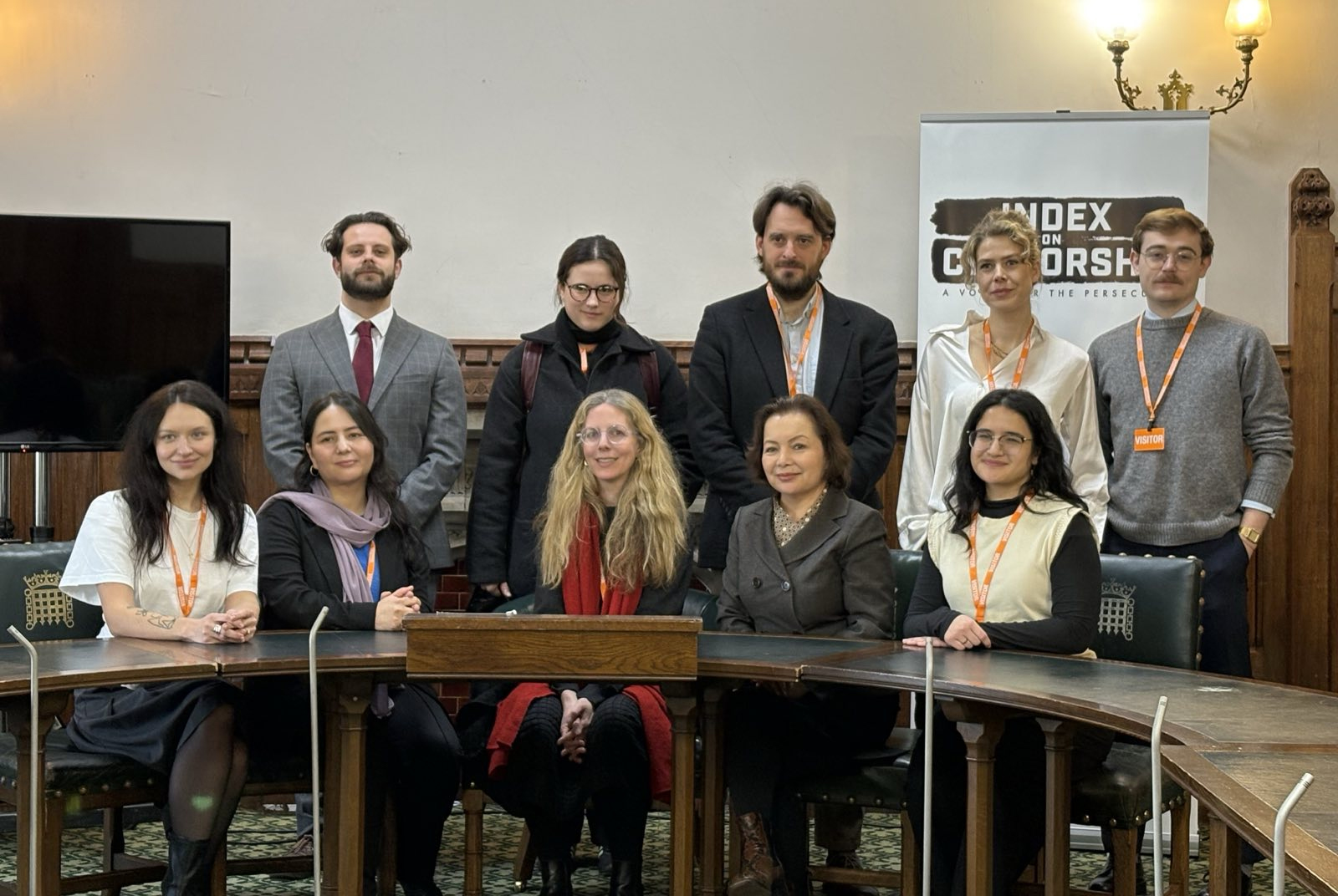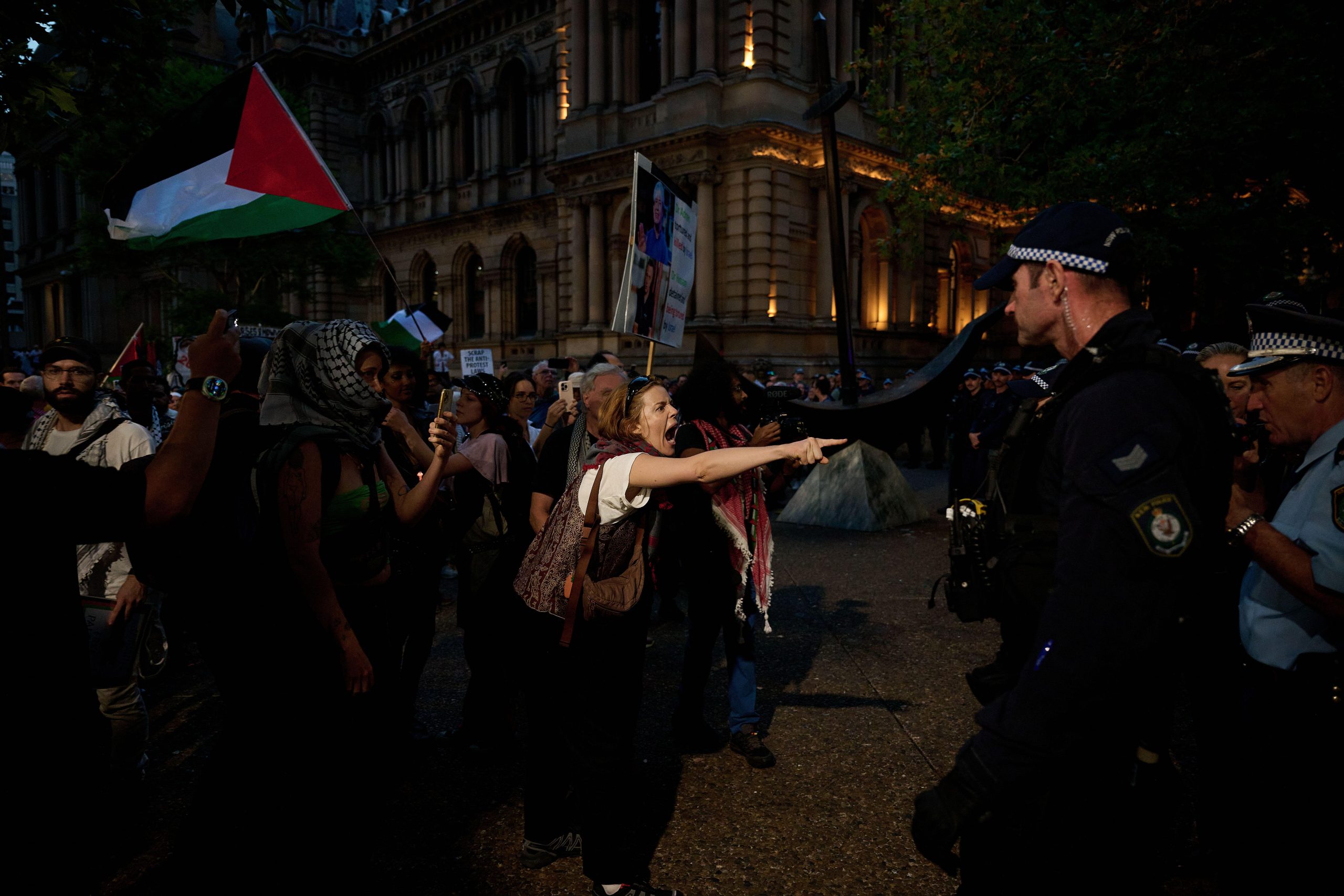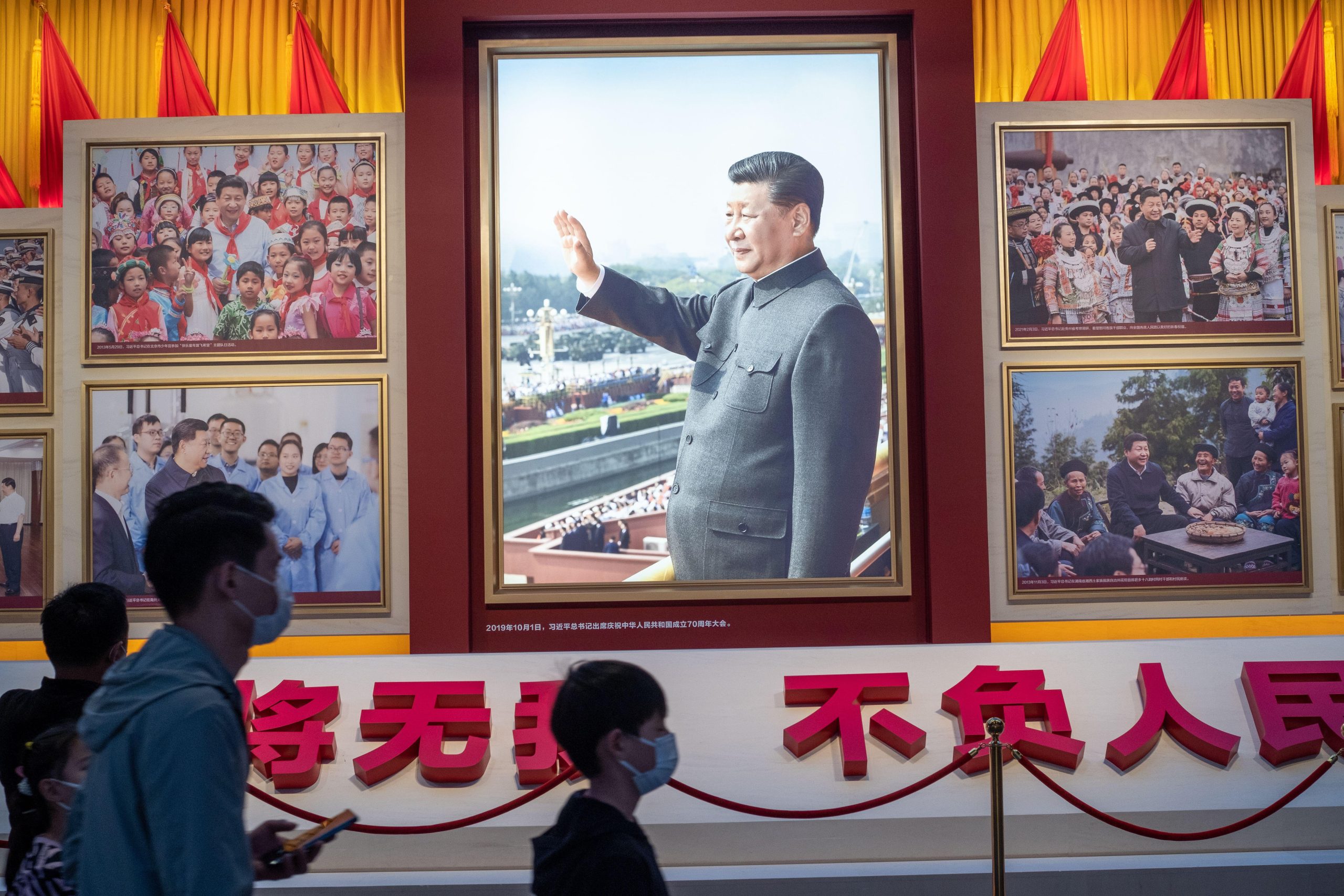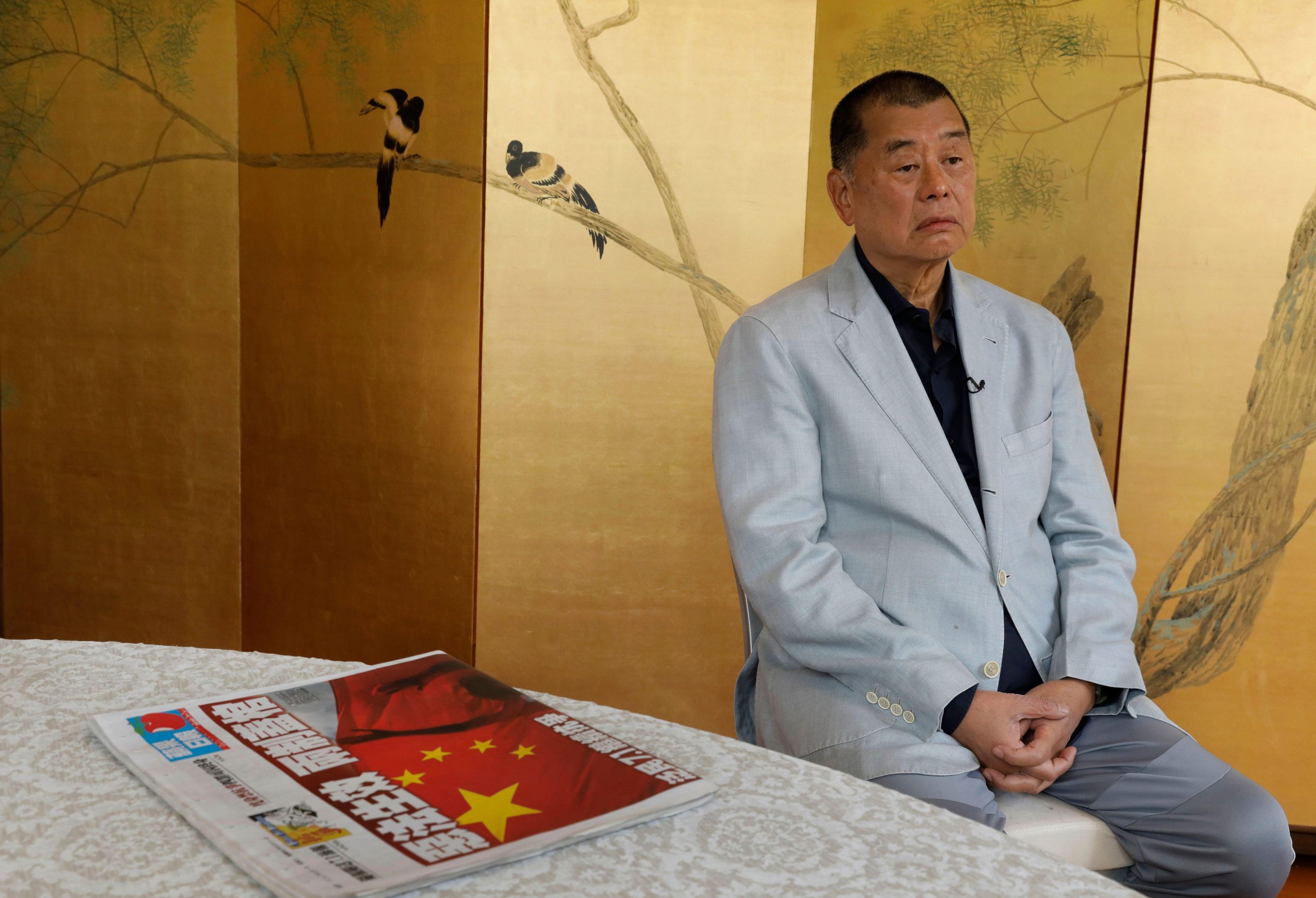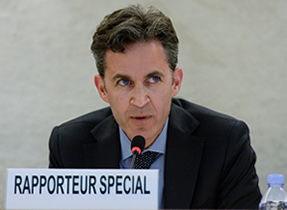
David Kaye, UN Special Rapporteur on the promotion and protection of the right to freedom of opinion and expression
The UN’s principal global monitor of freedom of expression, David Kaye, was due to visit Japan between 1 and 8 December. In mid-November, the Japanese government cancelled the trip.
Kaye said of the cancellation: “The Japanese government indicated that relevant interlocutors would be preoccupied with the budget process. That was disappointing to hear, particularly since we had been organising a broad set of meetings with officials, civil society, academic experts, journalists and others.”
During the visit, Kaye planned to address basic aspects of freedom of expression, including the public’s right to access information, the freedom and protection of independent media, online rights and restrictions on marginalised communities.
He told Index: “We would have highlighted what appear to be some very positive aspects of the freedoms Japanese people enjoy online, for instance, and we would have also raised questions about the Act on Specially Designated Secrets and concerns we’ve been seeing related to pressures on the media.”
The Act on Specially Designated Secrets was implemented in 2013, offering protection to state secrets and tightening penalties on leaking intelligence. The Human Rights Committee has expressed concerns about the act, stating it contained a “vague and broad definition of the matters that can be classified as secret and general preconditions for classification and sets high criminal penalties that could generate a chilling effect on the activities of journalists and human rights defenders”.
“We have studied the Act and wanted to ask officials about the interpretation of some provisions and implementation of the Act overall,” Kaye said. “For instance, we have heard numerous concerns about the way in which the Act may implicate the public’s access to information, the way in which it may punish whistleblowers, the barriers it may set up to a free media seeking information of public interest.”
Had the visit gone ahead, Kaye said he would have come with questions, addressed them to Japanese officials and non-government actors, and the UN would have published the findings.
The cancellation of the visit does raise concerns over Japan’s commitment to freedom of expression, but Kaye remains optimistic. “My hope is that the Japanese government is indeed committed and will reschedule the visit at the earliest opportunity, rather than late 2016, as they have suggested.”

